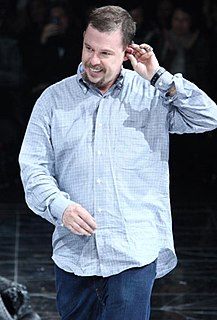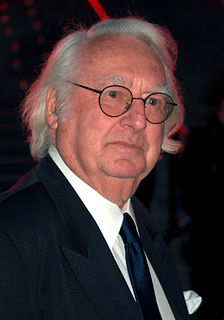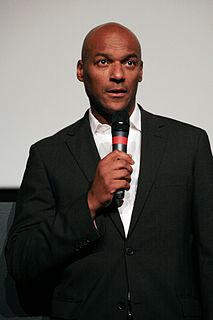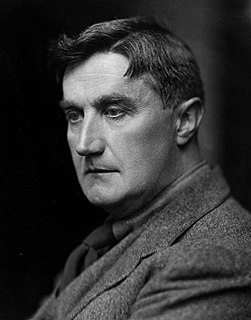A Quote by Rowan Atkinson
We still have a tradition certainly in English television; it's faded a bit in the last five years, but we still have a tradition where the important thing is the quality and the challenging nature of the programming.
Related Quotes
Christians got a lot of work to do. But, the spirit of Dorothy Day is alive. Martin Luther King is still alive. Malcolm X and the prophetic Islamic tradition is still alive. We can't lose sight of those prophetic religious folk who, even given their kin in the same tradition, says, you all are wrong on this, but we're still in the same tradition.
The Western music tradition is mostly addressed to a public that has a critical mind, and judges the quality of the writing, of the interpretation. And I think it is a great tradition! It pushes the musicians to always go further, and to never stop pushing the limits and explore what can be done with sounds. And great pieces of art were born from that tradition.
What is literary tradition? What is a classic? What is a canonical view of tradition? How are canons of accepted classics formed,and how are they unformed? I think that all these quite traditional questions can take one simplistic but still dialectical question as their summing up: do we choose tradition or does it choose us, and why is it necessary that a choosing take place, or a being chosen? What happens if one tries to write, or to teach, or to think, or even to read without the sense of a tradition? Why, nothing at all happens, just nothing.
Those who feel guilty contemplating "betraying" the tradition they love by acknowledging their disapproval of elements within it should reflect on the fact that the very tradition to which they are so loyal—the "eternal" tradition introduced to them in their youth—is in fact the evolved product of many adjustments firmly but delicately made by earlier lovers of the same tradition.

































